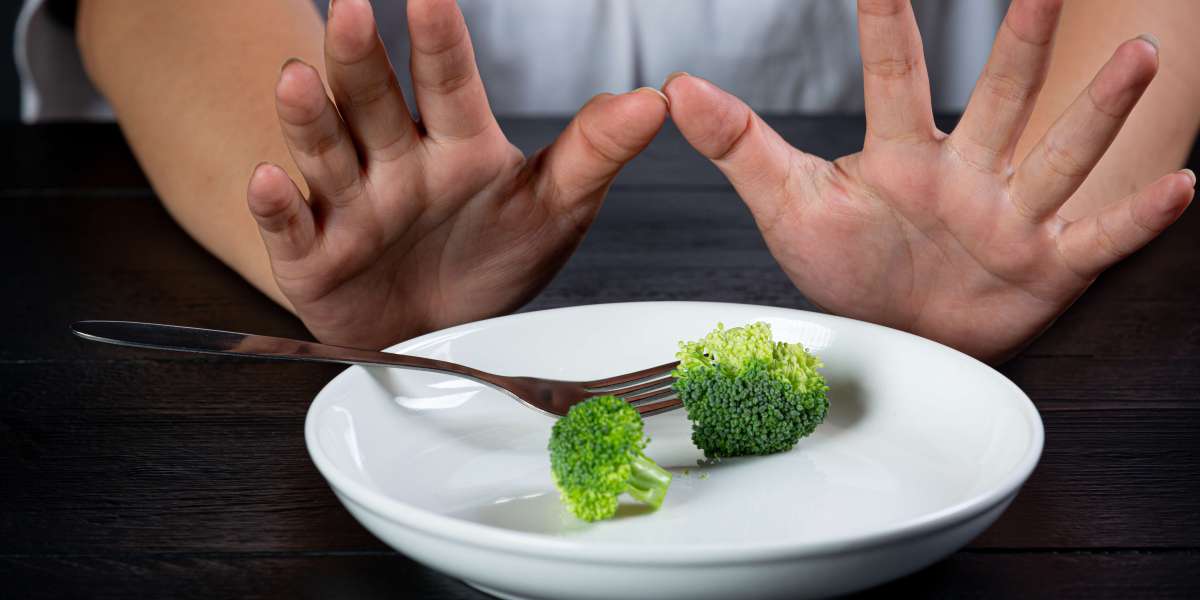Food allergies are becoming more common, but many people are unsure if they have one. The symptoms can vary, and sometimes they can be mild or even confused with other conditions. Knowing how to spot the signs of a food allergy can help you get the right treatment and avoid health risks.
Common Symptoms of Food Allergies
When your body reacts to a food, it may trigger various symptoms. These symptoms can range from mild to severe, depending on the person and the type of allergen involved.
Some common symptoms include:
- Skin reactions like hives, redness, or swelling
- Digestive issues such as nausea, vomiting, or diarrhea
- Respiratory symptoms, including wheezing, coughing, or shortness of breath
- Itching or tingling around the mouth or lips
These reactions occur when your immune system mistakenly identifies a food protein as harmful. The severity of your symptoms can depend on how much of the food you consume and your body’s sensitivity to it.
What Causes Food Allergies?
A food allergy happens when your immune system overreacts to a normally harmless substance. In many cases, proteins in certain foods (like peanuts, shellfish, or dairy) trigger this response. Your immune system releases chemicals, including histamine, to protect your body from what it mistakenly sees as a threat.
However, it's important to note that some reactions, such as food intolerances, are not the same as allergies. While food intolerances can cause discomfort, they don't involve the immune system. This is why it's essential to consult a food allergy specialist if you're unsure whether you're dealing with an allergy or an intolerance.
How to Get Tested for Food Allergies
If you suspect you have a food allergy, seeing an allergist is the best step. A food allergy specialist can guide you through the process of diagnosis and treatment. During an allergy test, the doctor may use skin prick tests or blood tests to determine which food proteins are causing your symptoms.
Skin prick testing involves placing tiny amounts of allergens on your skin and lightly pricking it to see if any reaction occurs. Blood tests check for elevated levels of IgE antibodies, which are produced during an allergic reaction. These tests are vital in understanding which foods trigger your allergy symptoms.
For those living in or near Merced, seeking help from an allergist in Merced can make the process easier. They can recommend the best course of action, whether that’s avoiding certain foods or carrying an epinephrine injector in case of an emergency.
Allergy Testing Locations
If you’re in the Fresno area, you might consider getting an allergy test in Fresno. Local clinics offer tests to help determine if a specific food is causing you harm. Getting an allergy test can give you peace of mind and help you manage your condition better.
What Happens After You’re Diagnosed?
Once you've been diagnosed with a food allergy, your allergist will discuss the next steps. Treatment typically focuses on avoiding the allergen and carrying emergency medication, such as antihistamines or an epinephrine injector, in case of an accidental exposure.
In some cases, your doctor may recommend allergy shots (immunotherapy) to help desensitize your body to the allergens. However, these treatments take time, and you’ll still need to avoid known triggers during the process.
How to Manage a Food Allergy
Managing a food allergy requires a mix of caution and preparation. Here are a few steps to help:
- Read labels carefully – Many packaged foods contain common allergens. Make sure you read labels before eating anything new.
- Avoid cross-contamination – When dining out or cooking at home, always be cautious about cross-contamination with your allergens.
- Carry your medication – Always have your epinephrine injector or antihistamines with you, just in case of an allergic reaction.
- Educate those around you – Make sure your family, friends, and colleagues are aware of your allergy and know what to do in case of an emergency.
Living With a Food Allergy
Living with a food allergy can be challenging, but with proper management, it is possible to lead a healthy life. Your allergist can help you create a personalized plan that fits your lifestyle, ensuring that you stay safe while still enjoying a variety of foods.
It’s also important to have regular check-ups with your food allergy specialist to reassess your allergies over time. Allergies can change, and what you’re allergic to today might not be the same tomorrow.
Final Thoughts
If you’re still unsure about whether you have a food allergy, it’s always a good idea to consult an allergist. An allergist in Merced or elsewhere can help you understand your symptoms and get a clear diagnosis. The earlier you get tested, the easier it will be to avoid the foods that cause harm and manage your condition.



